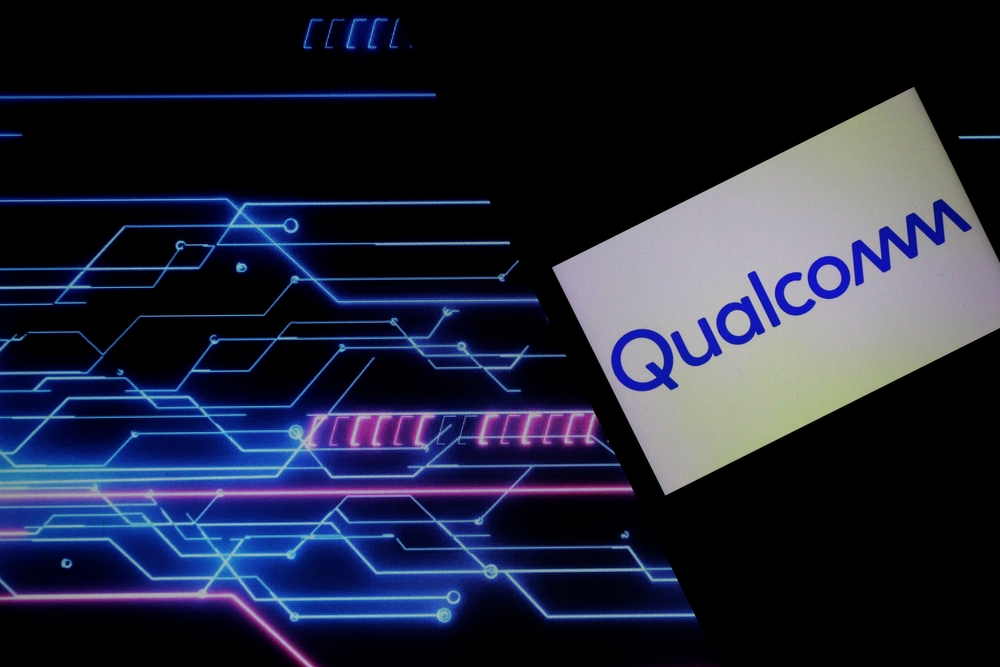
Arm Holdings Plc has decided to cancel the architectural license agreement that allowed Qualcomm Inc. to utilize its intellectual property for chip design. This decision comes after Arm issued a 60-day cancellation notice, sparking concerns about the implications for the smartphone and personal computer industries.
The architecture license, pivotal for Qualcomm, enables the company to create proprietary chips based on Arm’s standards. The cancellation threatens to disrupt Qualcomm’s operations, which currently generate a substantial portion of its $39 billion in annual revenue. Qualcomm’s processors are integral to the vast majority of Android smartphones, and losing access to Arm’s technology could mean halting production or facing severe legal repercussions.
Market reactions were swift, with Qualcomm shares dipping by as much as 3% following the news, while Arm’s stock fell by 6.4%. This reflects growing investor apprehension about the financial fallout from the dispute between these two semiconductor giants.
The conflict originally ignited in 2022 when Arm sued Qualcomm for breach of contract and trademark infringement. At the heart of the issue is Qualcomm’s acquisition of Nuvia, a chip-design startup that was previously licensed by Arm. Arm contends that Qualcomm has failed to renegotiate the terms of its licensing agreement to include the activities of Nuvia, leading to the current turmoil.
In a statement, Arm defended its actions, asserting that they are necessary to safeguard the ecosystem it has cultivated with partners over the past three decades. Conversely, Qualcomm criticized Arm’s decision as an attempt to exert undue pressure on a long-standing partner, describing the termination claim as “baseless” and an act of anti-competitive behavior.
As both companies gear up for a December trial, the outcome remains uncertain. Arm expressed confidence in a favorable court ruling regarding its breach-of-contract claim. However, Qualcomm’s countersuit could shift the landscape, particularly if the court sides with Qualcomm’s interpretation of the licensing agreements.
The stakes are high, not just for the two companies involved, but for the broader tech industry that relies on their partnership for innovation and product development. With the potential for significant disruptions on the horizon, the tech community will be closely monitoring the developments in this high-profile case.
For more information, you can read the full article here.




